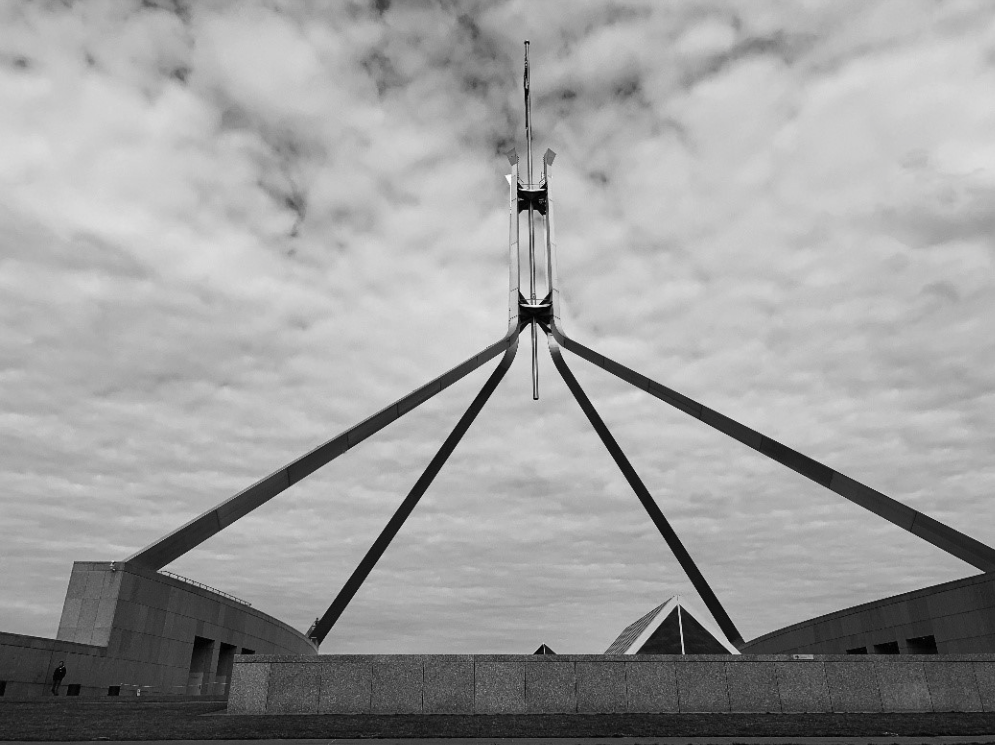Social media platforms and digital technologies have allowed people to share their political beliefs faster, more easily and to a larger audience than ever before. Increasing political views online are no longer just reflected through traditional media outlets, but the general public through online forums, chat groups, media sites and social media platforms. Politics ultimately evokes emotion in humans. This means expressing one’s political views can see them gain significant media traction and attention, and quickly put them in the spotlight.
Some brands might therefore ask: If sharing political views can achieve such high levels of attention and media traction, should my business do the same?
The short answer is no. Participating in political conversation is risky for a brand’s reputation and credibility.
One of the major dangers in involving your brand in politics is the potential for the facts to be wrong. It can be easy to accidentally leave out information or misinterpret the facts, especially with the amount of fake news around. Recovering from this sort of crisis can be extremely lengthy and costly, to the point a business may never fully recover.
Taking a political stand can also instantly alienate sections of the community and see customers boycott a product or service if the brand’s political position does not align with their own. Many audiences automatically have a negative view towards politics in general, so when political messaging is incorporated into a brand’s marketing or public relations strategy, customers are going to become suspicious of the brand’s level of credibility. Some customers may see a brand taking a political stance as manipulative, brainwashing, opportunistic or exploitative.
Whilst taking a political stance is generally not a good idea, it is important to remember there is a big difference between supporting politics and maintaining corporate social responsibility. For example, it would not be wise for a brand to support or promote a political party, politician or celebrity in favour of environmental change. However, promoting the good work the brand does in reducing its global footprint, such as using recyclable packaging, would be well received by the public.
In summary, the safest option for a brand is to stay apolitical. If a brand does decide to involve itself in politics, the views should be relevant to the brand, extremely well researched and cautious of its audience.
If your brand is seeking public relations advice, contact Sydney PR agency The Ideas Suite today.









